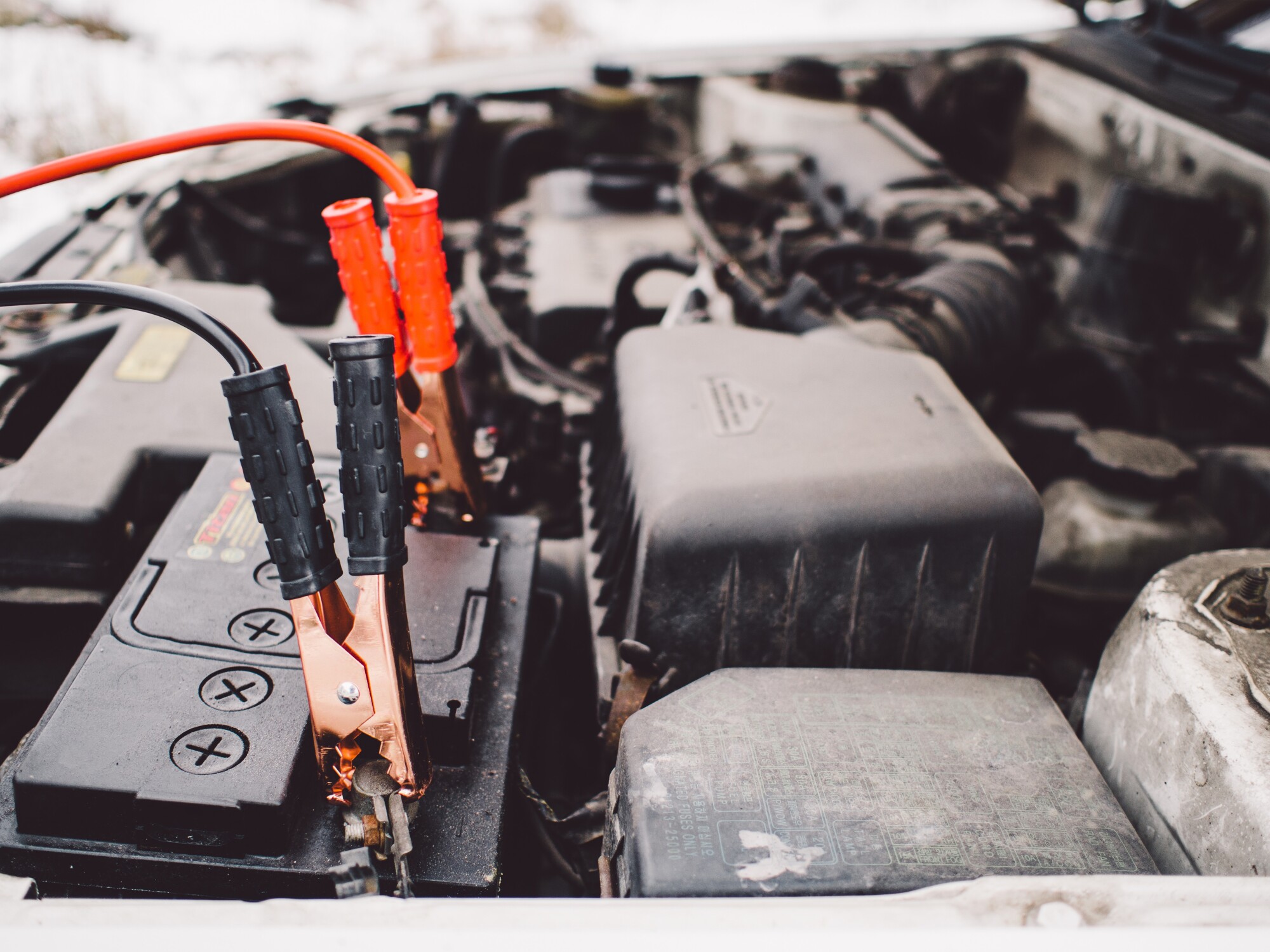It’s happened to most of us at least once: you wake up, get ready for work, head out to your car, and… nothing. The car won’t start; the battery is dead. It looks like it’s time to buy a new one.
Not all batteries are created equal. Buying car batteries isn’t as simple as grabbing a pack of AAs from the local convenience store; you need to do some research to figure out which battery your car needs.
There are several factors to consider when replacing old batteries. Read on to learn five of the most important things to check before buying a new car battery.
1. Battery Size
The first thing you need to determine when you’re shopping for a new battery is the size of the battery you need. There are many different battery sizes to choose from.
Your owner’s manual should tell you which battery size you need. Battery size is key because batteries that are two big or small won’t fit in your battery tray, rendering them useless.
Most vehicle and tire shops should carry a wide variety of battery sizes/
2. Warranty
Replacing a battery once is bad enough; what if the replacement battery dies, too? That scenario is exactly why you need to choose a battery with a good warranty.
Warranties may cover full battery replacement or partial reimbursement. You should factor in warranties when comparing battery costs; a cheaper battery with a bad warranty might end up costing you more in the long run.
3. How Fresh Is the Battery?
A new car battery isn’t necessarily new. That’s right–the battery you buy off the shelf at your auto shop might be several months old. Every battery has a code printed on it that reveals its age.
Check for battery freshness and try to avoid batteries that were manufactured more than six months ago.
Think of it like the expiration date on your groceries. Sure, milk might not turn sour right on that sell-by date, but the more time passes, the greater the risk that the product isn’t good anymore.
4. Reserve Capacity
Put simply; reserve capacity is how long a battery can run on its own, without the engine running. Having high reserve capacity isn’t always necessary, but it can be a big help.
A high reserve capacity can prevent your battery from dying if you leave your lights on, and it can help you if you’re dealing with alternator issues or similar problems.
5. Maintenance-Free Batteries
Car battery maintenance isn’t too complex, but it’s sometimes easy to forget about. Low-maintenance batteries require you to refill them with distilled water from time to time.
It’s possible to get maintenance-free car batteries, which never require topping up. These are a little more convenient, so it’s worth choosing them if they’re available.
Buying Car Batteries That Fit Your Needs
Buying car batteries can be stressful; often, you have to make choices fast to get your vehicle back in working order. Don’t buy the first new car battery you see, though–always consider the five factors above.
For more tips on keeping your car running its best, visit our automobile maintenance blog.

